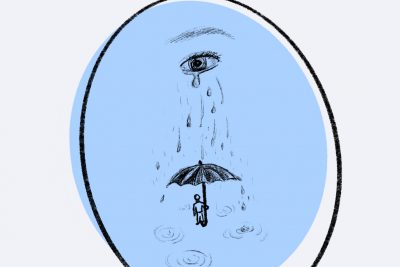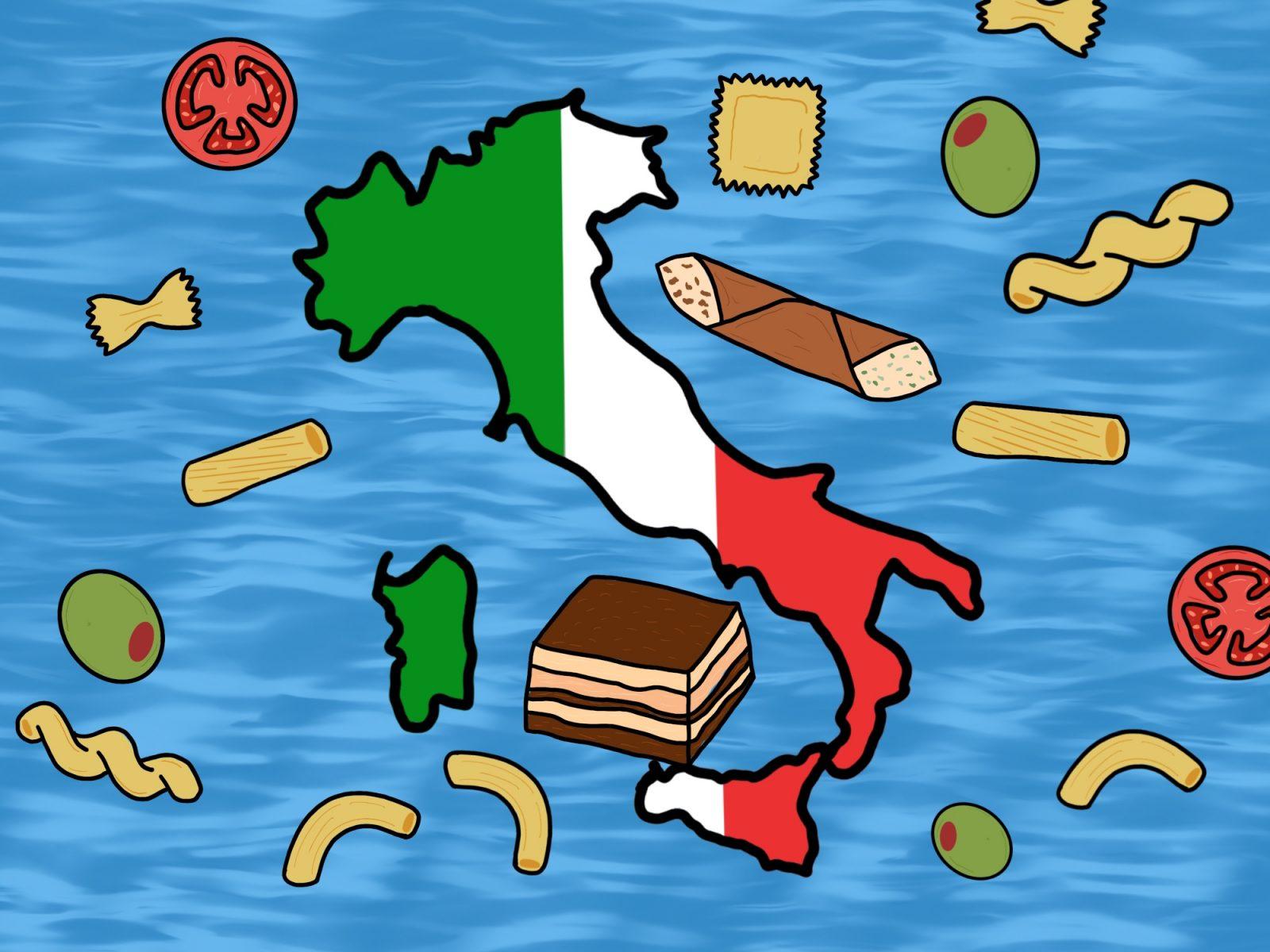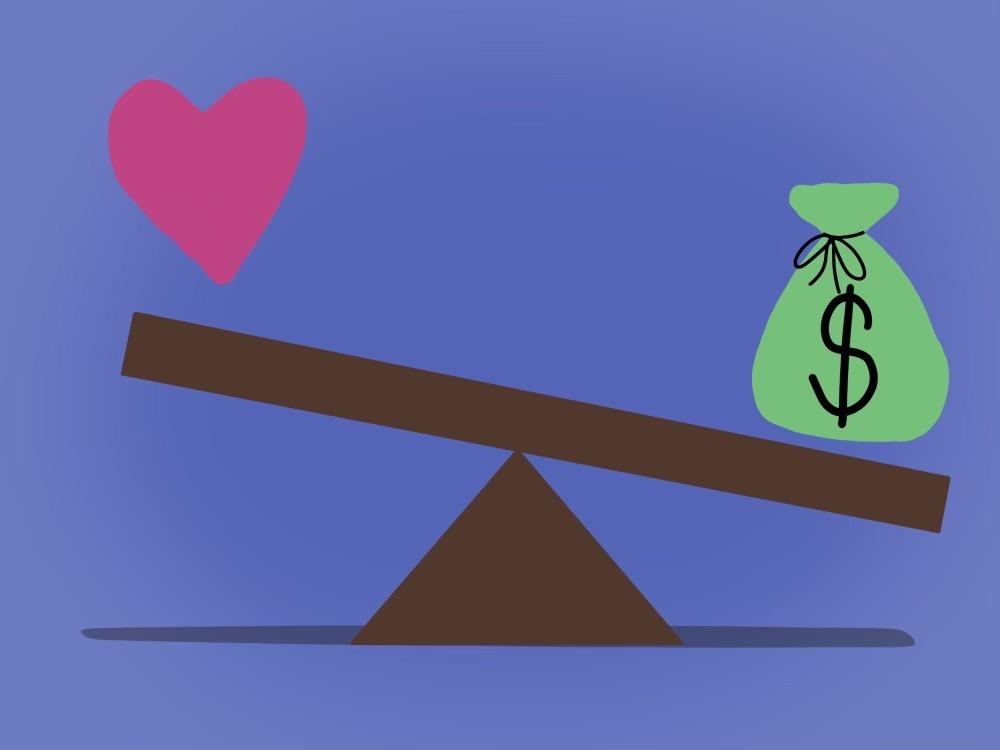The expression “pathei mathos” comes from Aeschylus’s most famous tragedy “The Agamemnon.” The phrase can be literally translated as “learning from suffering,” and was adopted by the dramatist as a law that the Greek god Zeus gifted mortals to further guide them toward reason. Through this new mantra, the aegis-bearing god wished to demonstrate how suffering can lead to a kind of wisdom that people could never get otherwise.
Western culture continued to assimilate this concept throughout ancient and modern history. In his “De Providentia,” Roman philosopher Seneca stated “valor becomes feeble without an opponent” and described grief as something humans receive from a deity as an opportunity to showcase their virtue.

The 19th-century German philosopher Nietzsche coined the infamous expression we still overuse today: “that which does not kill us makes us stronger.” He also suggested that pain — “the ultimate emancipator of spirit” — can represent an important learning curve for people and help them acquire tenacity.
Even though our society has fully inherited this historical equivalence between grief and resilience, recent psychological research has rebuffed this idea.
A study conducted by Iris Engelhard, Miriam Lommen and Marit Sijbrandij in 2014 aimed to highlight how self-perceived growth is often chiefly a toxic coping mechanism that can worsen Post Traumatic Stress Disorderin the long run.
The two professors compared the mental state of soldiers deployed to Iraq before their mission and right after. Those who perceived a higher level of post-trauma self growth five months after returning home showed an increased level of post-traumatic stress 15 months later, effectively proving that encouraging the idea of self-growth is ultimately detrimental.
I am usually against the romanticization of any form of pain in favor of a realistic approach toward reality. But in this case, I find myself being closer to the more idealistic point of view proposed by Aeschylus, Seneca and Nietzsche.
Suffering is an inherent aspect of everybody’s life, and unfortunately, we will all experience it sooner or later. Dealing with such negativity is also incredibly personal, and there is still much debate about the healthiest way to interpret pain both in the short and long term. Nevertheless, I think that relating traumatic events to self-growth can still be beneficial in some instances.
The term “post-traumatic growth” was used for the first time by Richard Tedeschi and Lawrence Calhoun in 1996, two psychologists who dedicated their research to the positive changes people who have experienced traumatic events — such as bereavement, terminal illnesses or combat — can undergo.
According to their findings, some people go further than simply learning how to cope with difficult situations. Instead of seeing their lives hijacked from them and being unable to find peace of mind, individuals can drastically change their perception of themselves and of the world for the better. They develop a newfound sense of appreciation for life in general, increase their resilience and begin to build more meaningful relationships with others.
In this sense, kintsugi — the Japanese art of repairing pottery — is the perfect metaphor for post-traumatic growth. This process highlights the object’s imperfections by repairing cracks with colored lacquer so that when put back together, the pottery’s beauty is enhanced by its flaws.
This does not mean trauma should be celebrated or that those who are yet to experience it are in any way weaker. Positive life experiences are always preferable and can offer countless growth opportunities as well.
However, those forced to face suffering can find relief knowing that the latter can strengthen their character. Such a mindset can help people rationalize shocking episodes that would otherwise remain incomprehensible and prevent them from falling into a self-destructive path toward victim mentality.
It is important to underline that even though trauma can result in positive outcomes in the long run, the process of overcoming it will most likely affect people both physically as well as emotionally.
PTSD can result in physical symptoms such as pain-related disabilities, while on the emotional level, individuals can experience countless reactions to traumatic events that go from dissociation to continuous intrusive thoughts.
As terrifying as it sounds, losing ourselves and our entire belief system — transforming — is part of recovery and brings us one step closer to healing and becoming a better version of ourselves.
The Polish psychiatrist Kazimierz Dąbrowski introduced the idea of “positive disintegration,” which pivots around the idea of discomfort as a prerequisite for growth. Dąbrowski believed that healthy personality development is easier to achieve in moments of struggle because tragedy compels individuals to question everything about their existence and makes their certainties crumble down.
This concept of learning through suffering is one of my favorites because it offers sheer hope to those who choose to embrace it. Regardless of the tragedies that can happen throughout life, not only can we overcome them, but we can also gain unique knowledge and strength from them.
Trauma does not have to define us if we choose to believe it will one day help us create an advantage.





























































































































